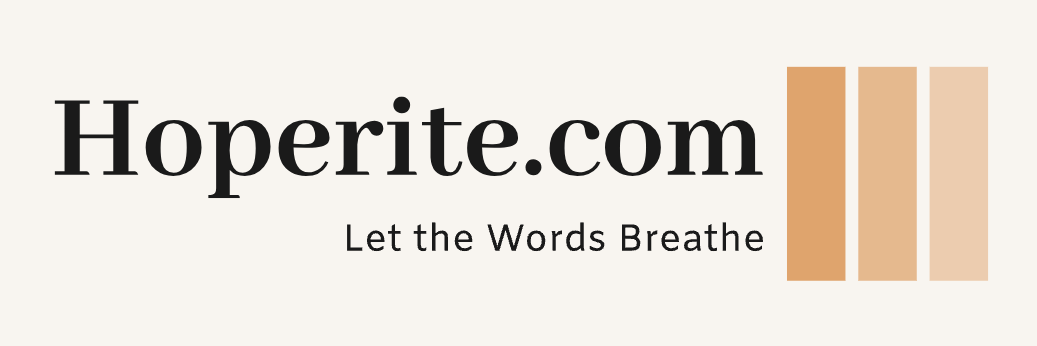
In the realm of academia, where minds are nurtured and ideas flourish, there exists a delicate balance between professional conduct and personal emotions. It’s a scenario often depicted in novels and movies—a lecturer falls in love with his student. While it may seem like the plot of a romantic drama, the reality is far more complex, fraught with ethical considerations and potential consequences.
The Power Dynamic
One of the most significant ethical dilemmas in such a situation is the inherent power dynamic between the lecturer and the student. Lecturers hold positions of authority, influencing not only students’ academic journeys but also their future prospects. This power dynamic can create an imbalance in the relationship, making it difficult for the student to freely express their feelings or make decisions without fear of repercussions.
Conflicting Roles
Another ethical concern arises from the conflicting roles of the lecturer and the student. Lecturers are entrusted with the responsibility of fostering a conducive learning environment, devoid of personal biases or favoritism. Engaging in a romantic relationship with a student blurs these boundaries and raises questions about fairness and impartiality in grading, mentorship, and other academic matters.
Informed Consent
The issue of informed consent is paramount in any romantic relationship, but it becomes particularly sensitive when one party holds a position of authority. Students may feel pressured to reciprocate the lecturer’s feelings or comply with their advances due to the fear of academic repercussions or the desire for special treatment. This raises concerns about the authenticity of consent and whether it is truly given freely and willingly.
Professional Integrity
Maintaining professional integrity is crucial for educators, as it forms the foundation of trust and respect within the academic community. Engaging in a romantic relationship with a student can tarnish the lecturer’s reputation and undermine their credibility as an impartial educator. It may also lead to allegations of misconduct or breaches of ethical codes, jeopardizing not only the lecturer’s career but also the institution’s reputation.
Navigating the Ethical Quagmire
When faced with such ethical questions, there are no easy answers. Each situation is unique, and the appropriate course of action depends on various factors, including the institution’s policies, the nature of the relationship, and the individuals involved. However, some general guidelines can help navigate this ethical quagmire:
- Maintain Professional Boundaries: Lecturers should uphold strict boundaries between their professional and personal lives, refraining from engaging in romantic or inappropriate relationships with students.
- Seek Guidance: If faced with feelings for a student, lecturers should seek guidance from trusted colleagues, mentors, or institutional resources to navigate the situation ethically and responsibly.
- Prioritize Student Well-being: The well-being and best interests of the student should always be paramount. Lecturers must consider the potential impact of their actions on the student’s academic and personal life before pursuing or reciprocating romantic feelings.
- Disclose Conflicts of Interest: If a romantic relationship develops between a lecturer and a student, it is essential to disclose any conflicts of interest to relevant authorities and take appropriate steps to mitigate the impact on academic integrity and fairness.
- Classroom Decorum: Given that “love had been found in a classroom “will fellow students not raise the fairness and equity questions? While others may feel it is a world of love, some may consider George Orwell’s famous words, Some Animals are more equal than the others. Jokes apart, integrity and professionalism may be questioned.
In conclusion, the scenario of a lecturer falling in love with his student raises profound ethical questions that challenge the principles of professionalism, integrity, and respect within academia. While love may be a powerful force, it must be navigated with care and mindfulness of the potential consequences for all parties involved. Ultimately, ethical conduct and adherence to professional standards are essential to uphold the integrity and credibility of the academic community.
Keywords: ethical dilemmas, student-teacher relationships, academic integrity, power dynamics, love and ethics, Nigerian education, ethical questions, relationships in academia, professional boundaries, education and ethics
